Keywords: Immigration Detention
-
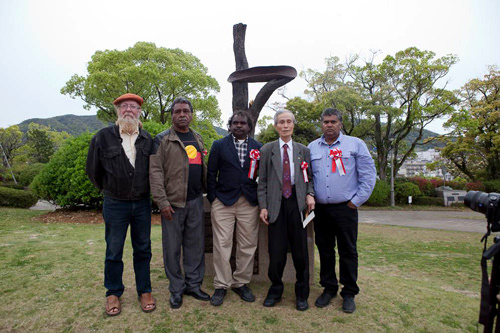
RELIGION
- Frank Brennan
- 06 August 2018
How are we to honour the commitment to peace of these Japanese and Maralinga survivors of nuclear conflagrations unleashed maliciously or negligently last century? We need to renew our commitment to painstaking negotiation of international treaties and agreements designed to ensure peace and security for all, insisting on the dignity and human rights of all.
READ MORE
-

AUSTRALIA
- Fatima Measham
- 02 August 2018
16 Comments
Indifference to human life is what made Australia, and it still permeates its approach to crises. As with many things, Indigenous experience provides the lens with which to see things clearly. First Nations people know the fatal measure of our indifference. It manifests in many other areas too.
READ MORE 
-

INTERNATIONAL
Even if all of the families that have been coldly, clinically, 'legally' torn apart can be reunited, much of the damage done is likely irreparable. Social workers and scientists have spoken out on the permanent damage inflicted on children separated from their parents. But who will speak on the scar left on the national conscience?
READ MORE 
-
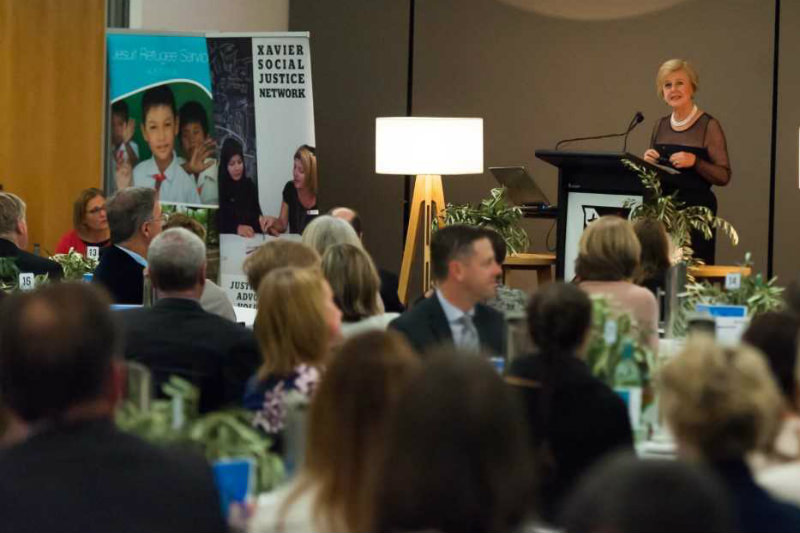
AUSTRALIA
- Andrew Hamilton
- 13 June 2018
16 Comments
In the 1930s a Jewish Australian was trying to bring to Australia a Jewish family who were in grave danger in Austria. Asked by immigration what made him want to bring the family of his daughter's pen friend, none of whom he had ever met, he replied, 'Common compassion.' The family could not come, and most were later killed.
READ MORE 
-
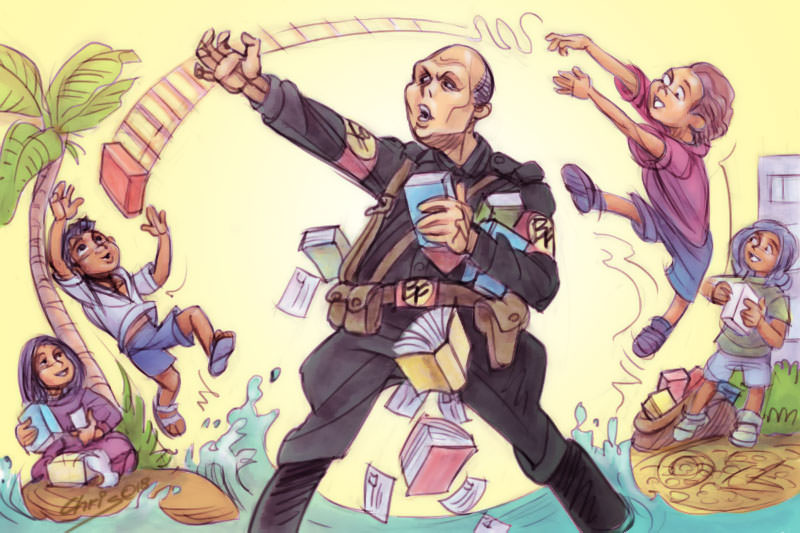
AUSTRALIA
- Harold Zwier
- 01 June 2018
19 Comments
The first two shipments we sent to Nauru were sent with some assistance from individuals in Immigration who saw what we were doing as a good thing. Well, that's what we thought. By the second shipment, the letters from Australian school children mysteriously disappeared no one was willing to own up on the who and why.
READ MORE 
-

AUSTRALIA
- Frank Brennan
- 25 May 2018
25 Comments
For the good of the refugees who have languished for five years on Nauru and Manus Island, and for the good of the Australian body politic, it's time to put an end to this inhumane chapter in Australian history. Keep the boats stopped. Bring New Zealand into the mix now. Empty the camps. And fight your elections on matters of substance.
READ MORE 
-
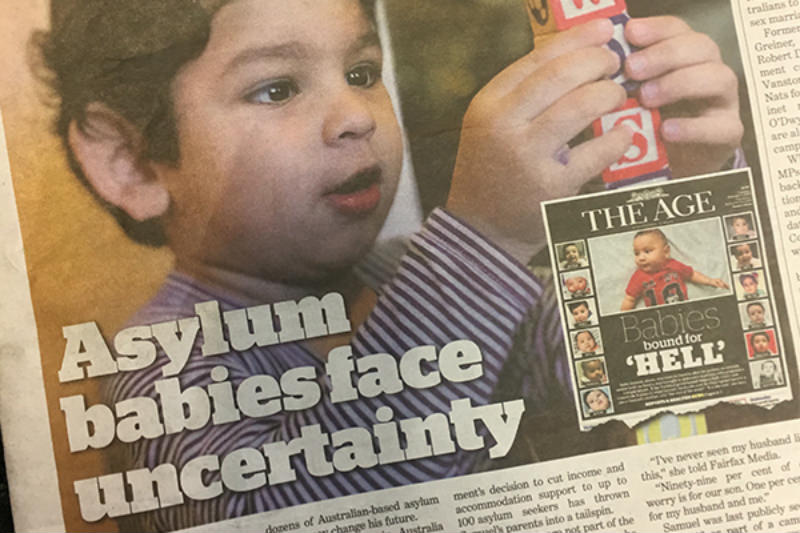
AUSTRALIA
- Fatima Measham
- 24 May 2018
3 Comments
These are people living precariously: pregnant women, families with young children, elderly people. They are being 'transitioned out' of Status Resolution Support Services based on 'job-readiness'. The move not only illustrates the arbitrary nature of immigration policy, which sets people up to fail; it is institutionalised sadism.
READ MORE 
-
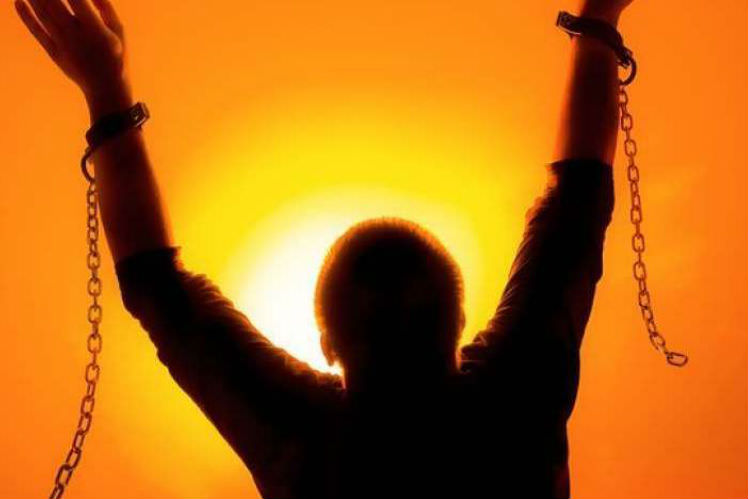
RELIGION
- Denis Fitzgerald
- 16 February 2018
5 Comments
Catholic social service agencies are facing many challenges from a number of the disruptions at play in our postmodern society. These have to be addressed if the agencies are to continue their work with those on the margins, and their indispensable contribution to the mission of the Church.
READ MORE 
-
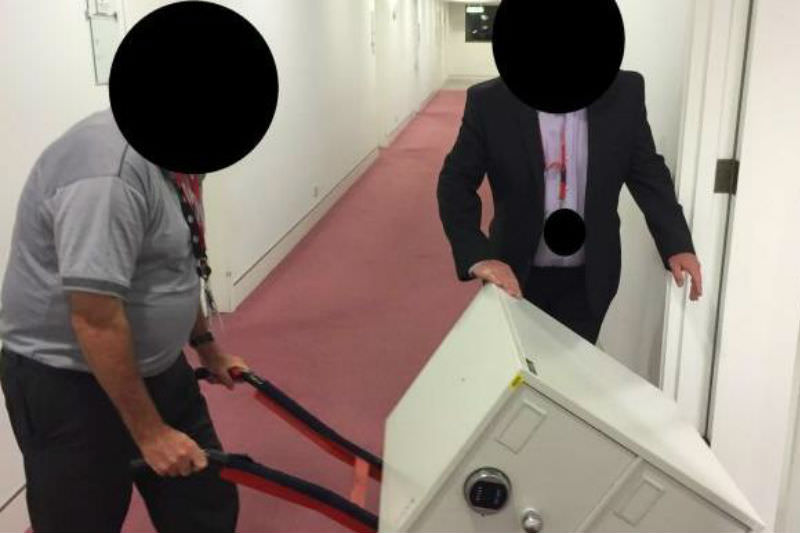
AUSTRALIA
- Fatima Measham
- 01 February 2018
14 Comments
Too few inversions of this power dynamic come along. So we are allowed to laugh a) that some careless handling of furniture can go a long way toward embarrassing people, and b) that those same people have expanded surveillance mechanisms and presided over lapses in data security. It schadens our freude, for sure.
READ MORE 
-

INTERNATIONAL
- Binoy Kampmark
- 20 November 2017
9 Comments
These sprinklings of poison through the press, with occasional mentions in New Zealand, serve two purposes: to show Australian refugee policy as sound, and offshore detention and resettlement in an unsuitable third country as appropriate; and to deflect attention from the discharge of obligations under the UN Refugee Convention.
READ MORE 
-

INTERNATIONAL
- Binoy Kampmark
- 31 October 2017
16 Comments
The closure of the centre is not the end of it. The men are to be moved to purpose-built accommodation in the town of Lorengau. There is both fear and reluctance. The cruelty, in other words, is merely being displaced.
READ MORE 
-
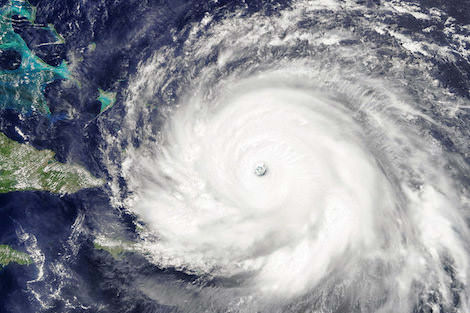
RELIGION
- Andrew Hamilton
- 20 September 2017
20 Comments
I was reminded of the importance of the uncontrollable by the recent death of Fr John George, a Sydney priest who daily submitted comments on our Eureka Street articles, some of which we published. Though no Hurricane Irma, the literary Fr George, the only one whom we knew, was nevertheless easily seen as terrifying and fascinating. Our efforts to control George reminded us of how limited is our capacity to control and how, as we control, we can turn people into ciphers and threats to be dealt with.
READ MORE 